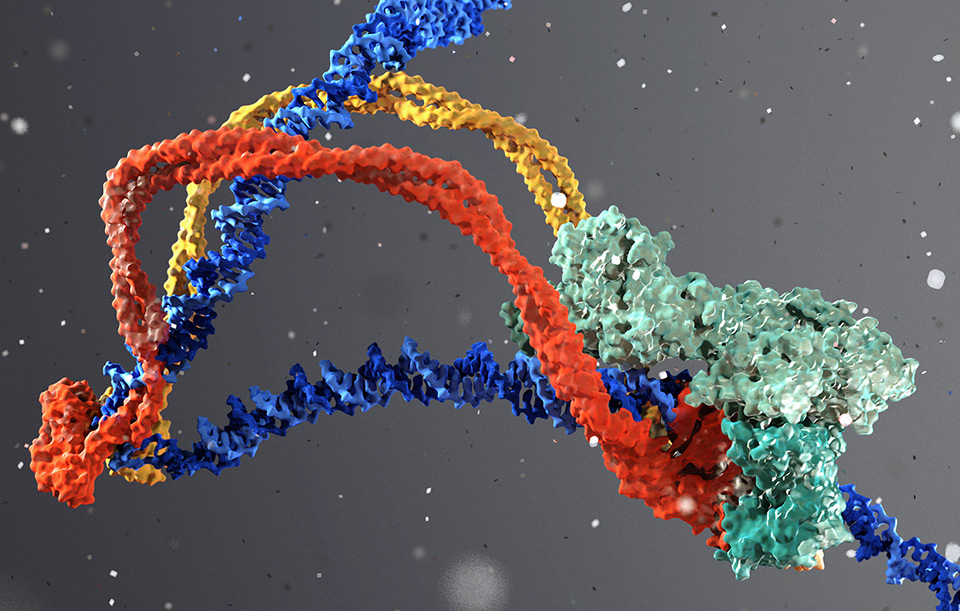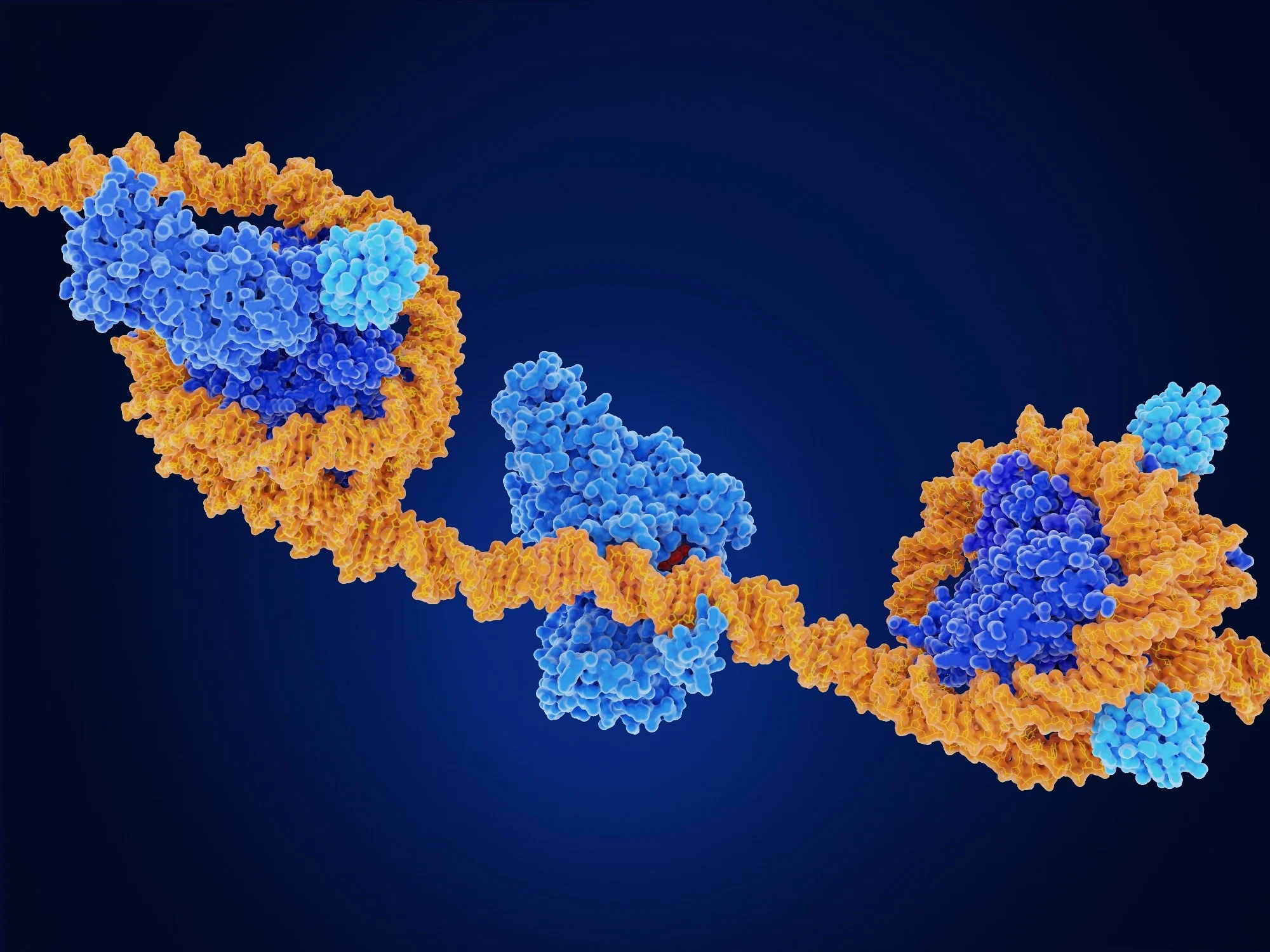A study involving over 1,000 adults has found that cannabis use may lead to changes in the human epigenome, which acts as a set of switches controlling gene activity and bodily functions. The research, conducted by a team led by epidemiologist Lifang Hou from Northwestern University, reveals that cumulative marijuana use is associated with several epigenetic markers over time.
These findings add to the growing body of knowledge about cannabis, which remains a commonly used substance in the United States, with nearly half of the population having tried it at least once. Despite its legalization in several regions, the full impact of cannabis on health is still not fully understood.
The study participants, who were between 18 and 30 years old at the start, were part of a long-term study where their cannabis use was tracked over a 20-year period. Blood samples were collected at the 15- and 20-year marks to analyze DNA methylation levels, a key epigenetic modification.

DNA methylation alters gene activity without changing the genetic code itself, making it harder for cells to interpret genetic instructions. These changes can be triggered by environmental and lifestyle factors and may even be inherited by future generations.
Hou’s research focused on the relationship between cannabis use and DNA methylation, seeking to identify specific epigenetic markers linked to marijuana. The comprehensive data allowed the researchers to estimate both cumulative and recent cannabis use and compare it with DNA methylation patterns.
Their analysis revealed numerous DNA methylation markers associated with cannabis use, including 22 markers linked to recent use 31 markers linked to cumulative use at the 15-year point, 132 markers linked to recent use, and 16 markers linked to cumulative use at the 20-year point.
One significant finding was the identification of an epigenetic marker previously associated with tobacco use, suggesting that cannabis and tobacco may share some common epigenetic regulatory mechanisms.
Additionally, the study found that multiple epigenetic changes associated with cannabis use had links to cellular proliferation, hormone signaling, infections, neurological disorders like schizophrenia and bipolar disorder, and substance use disorders. However, the researchers emphasized that their findings do not prove that cannabis directly causes these changes or leads to specific health problems.
The study, published in *Molecular Psychiatry*, provides new insights into the relationship between cannabis use and epigenetic factors, but the researchers stress that more studies are needed to confirm these associations in different populations. Further research could also explore the potential long-term effects of cannabis on age-related health outcomes, helping to clarify the broader implications of marijuana use on human health.
